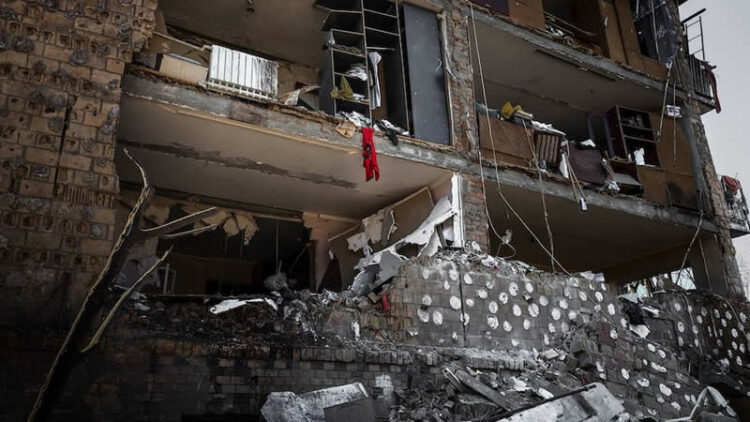Earthquakes are a fact of life in many parts of the world. And while they can be terrifying, there are steps you can take to stay safe before, during, and after an earthquake. In this comprehensive guide, we’ll cover everything you need to know about earthquake safety.
From what to do before the shaking starts, to how to protect yourself during an earthquake, to what to do afterward. So whether you live in an earthquake-prone area or are just curious about what to do in case of a tremor, read on for everything you need to know about staying safe during an earthquake.
Before an earthquake hits, identify safe areas in your home, such as under a table or desk, and make sure everyone in your family knows where to go.
Earthquakes can be frightening, but disaster can be reduced if you have a plan. Before an earthquake hits, it’s crucial to identify safe areas in your home for your family members to go to. Examples of safe spots include under a table or desk, as well as against an interior wall away from windows, bookcases, or heavy furniture that may topple over.
Make sure everyone in your family knows where to go – create a plan together and practice earthquake drills so that when the shaking starts, you know exactly what to do. Don’t wait until the ground begins to shake; preparation is key!
During an earthquake, stay calm and stay in your safe area until the shaking stops.
Earthquake never comes by knock or call. They can steal the peace of any place without warning and cause a lot of stress and anxiety. It’s important, however, to stay as calm as possible during these harrowing moments; that’s why it’s important to remember the drill – stay in your safe area and wait until the shaking stops. Though you may be tempted to run out of your house thinking it is more secure, that is not always the best idea unless you are at risk of being crushed or electrocuted.
It makes sense to think of all possible escape routes since a lot can happen when an earthquake strikes, but one must never panic and end up risking further injury or death. Take a few deep breaths, remain inside, and follow safety measures; that way you can ensure that you remain safe through this unpredictable yet thrilling natural phenomenon.
After an earthquake, check for injuries and damage to your home and property. If there is any damage, do not enter the damaged area until it has been checked by a professional.
After an earthquake hits, the most important thing to remember is to check for any injuries, both yours and others. If no one has been injured, then it’s time to head outside and inspect your home and property for any signs of damage. While some damage can be fixed fairly easily if you notice any serious structural issues don’t enter the area until you have a professional come out and inspect it first.
They’ll know the safest way to proceed if repairs need to be made. Regardless of how large or small the damage may be, always err on the side of caution and wait until it has been checked by a knowledgeable expert.
Be prepared for aftershocks by having a plan and supplies ready ahead of time.
Being prepared for aftershocks is incredibly important, especially in areas prone to earthquakes. It doesn’t take much preparation, but be sure to research the surrounding area and determine where you should go if an aftershock occurs.
Have the proper emergency supplies ready and make sure everyone in the home is aware of them. Designate a meeting place that everyone can easily access and stock up on non-perishable food items. Make sure your family has an emergency plan in place – communicate with them so everyone knows what to do in case of an emergency. Preparing ahead of time may seem tedious, but it’s worth it for the safety of you and your family.
Earthquakes can be terrifying and disastrous, and it is important to be prepared for them. Every individual, family, and business should have a plan for what to do before, during, and after an earthquake. Identifying safe areas and staying inside them will help keep you safe in an earthquake.
After the shaking stops, check for any damage or injuries, remembering not to go into any damaged areas until they have been professionally inspected. Additionally, having supplies ready ahead of time is the best way to ensure you are prepared for any aftershocks that may come afterward. Earthquake preparedness is key – taking the time to understand what steps need to be taken when one happens could save your life!



